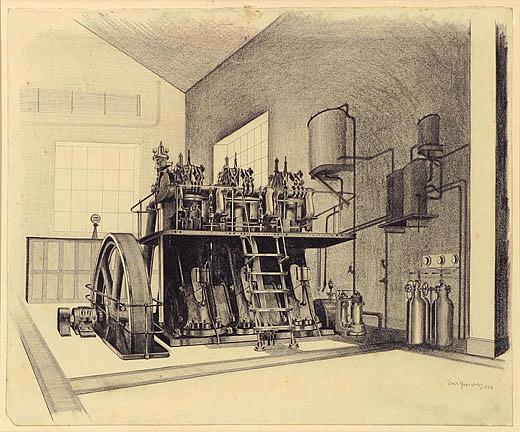JOHN RAWLS: LIBERALISMO IGUALITÁRIO SEM METAFÍSICA
Resumen
Resumo:Platão imaginou a cidade justa em associação a uma metafísica, isto é, uma teoria não empírica da natureza humana. Diferentemente de Platão, em nossos tempos, a proposta de Rawls é considerar a cidade justa como uma sociedade liberal democrática. Ele elabora a noção de “razão pública” como neutra em relação a qualquer doutrina metafísica, religiosa ou filosófica. Entretanto, em certo sentido, Rawls não deixa de ser platônico: uma coletividade é uma sociedade organizada em virtude de sua justiça. Quatro séculos após Locke, Rawls procurou fazer com que o desenvolvimento das potencialidades individuais dos habitantes da cidade justa tenha chance de se harmonizar com a necessária melhoria da sociedade em seu conjunto, talvez a única forma de garantir que potencialidades individuais venham realmente a dar os melhores frutos.
Palavras-chave: Platão; Rawls; Virtude; Justiça; Democracia
Abstract:Plato envisioned a just city in association with a metaphysical, that is, not an empirical theory of human nature. Unlike Plato, in our time, the Rawls's proposal is to consider the fair city as a liberal democratic society. He elaborates the notion of "public reason" as neutral in relation to any metaphysical doctrine, religious or philosophical. However, in a sense, Rawls does not cease to be platonic; a community is an organized society because of his righteousness. Four centuries after Locke, Rawls sought to have the development of individual potentialities of city residents have fair chance to harmonize with the necessary improvement of society as a whole, perhaps the only way to ensure that individual potential will really give the best fruits.
Key words: Plato; Rawls; Virtue; Justice; Democracy

